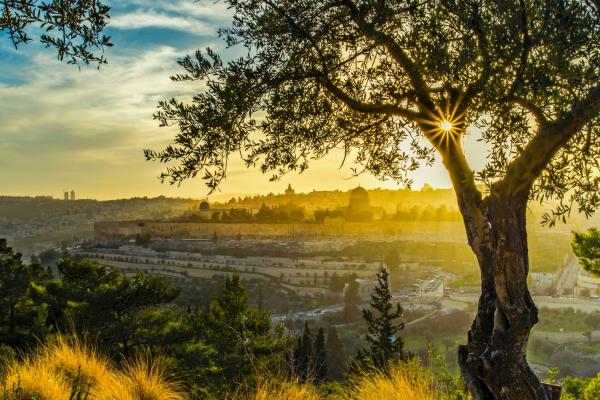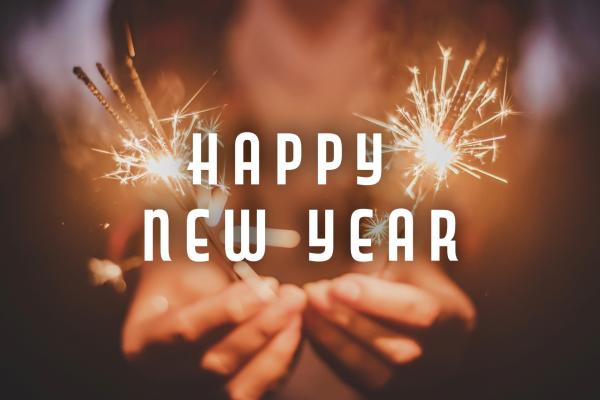Purim is one of the most festive Jewish holidays. It includes rejoicing, costume parties, reenactments, giving to charity, and sharing food gifts with friends. But other than the festivities, what does Purim hold for us today, removed as we are from the ancient times when the story took place? What kernels of spiritual nourishment can we glean from this holiday?
First, let’s refresh our memories with the story.
The Purim account
In the 5th century B.C.E., the Jewish people were under the rule of King Ahasuerus. After he banished his disobedient queen, he conscripted young maidens from throughout the kingdom to enter a beauty pageant from which he would select the next queen. When the process concluded after a full year, the king chose Esther, a young Jewish woman who had kept her lineage secret.
Mordecai, Esther’s cousin and guardian, overheard a plot to kill the king. He told Esther and thus saved Ahasuerus’ life. The event was recorded, but Mordecai received no thanks.
Haman, a wicked officer, convinced the king that the Jewish people were a threat. He persuaded Ahasuerus to issue an irrevocable decree offering payment to citizens who killed Jewish people on a selected day of the year.
When Mordecai heard of this, he begged Esther to approach the king to save their people. “Who knows whether you have attained royal status for such a time as this?” he said. Esther knew that going to the king without an invitation was strictly forbidden, punishable by death if she wasn’t welcomed by him.
Esther determined to go in spite of this dire threat, saying “if I perish, I perish.” She fasted and went to the king three days later. The king received her by extending his scepter to her, and Esther invited him and Haman to a banquet where she would explain her request.
Before the banquet, Ahasuerus discovered that nothing had been done for the man who had saved his life. The king remedied that by lavishly and publicly honoring Mordecai – and ordering Haman – much to his distaste – to oversee it all.
At a second banquet, Esther revealed her Jewish identity and exposed Haman as the man whose plan threatened her life and that of her people. The king was outraged. He ordered Haman hanged and that his position be given to Mordecai. The Jewish people were allowed to defend themselves on the decreed day, and we know that it was God who provided a resounding victory, saving the Jewish people from annihilation.
What Purim Holds for You
Interestingly, God is not mentioned once in the book of Esther. But His hand is seen throughout the Purim story and reveals faith-building lessons for us today.
God intervenes
Purim reminds us that God intervenes on behalf of His people. Even though it is not spelled out, God is the main character in the book of Esther. When Esther fasted, she sought His favor, and it is God who delivered her and the Jewish people. The king received Esther when she dared to visit him unbidden. And in the end, the irrevocable decree that meant the Jewish people’s destruction was overpowered by a second order permitting them to defend themselves. Their deliverance was overwhelming. Once again, God had stepped in to save His people from annihilation.
God acts to rescue us as well. Most importantly, He intervened to save us eternally by sending Messiah Yeshua (Jesus). He also interjects His power into our various life situations to turn them around for good (Romans 8:28). In big and small ways, God cares and intervenes for us, sometimes by means we won’t know until the world to come. His help may not occur how we expect or hope, but we can trust His plans.
God keeps His promises
God promised to make Abraham a great nation and that his descendants would be as countless as the stars and sand (Genesis 22:17). He confirmed this word to Isaac and Jacob (Genesis 26:3‒5, 28:14‒15). And in Jeremiah 31, God promised that as long as the sun, moon and stars remained, so would Israel (Jeremiah 31: 35‒37, verses 34‒36 in TLV). At Purim, He saved Israel from utter destruction, according to His Word. The Purim story offers another confirmation that we can trust God to keep His promises.
God’s timing can be trusted
Mordecai’s reward for saving the king’s life was overlooked until just the right time when it would fit best into God’s plan of deliverance. Receiving no praise or applause for his good act, Mordecai was slighted, and he let it go.
Later, the king saw a Jewish man who had saved his life and sought nothing in return. That provided Ahasuerus a good look at Mordecai’s character, and he immediately honored him in a grand way. Just a day later, when the king learned Esther’s request and stripped Haman of all authority, Mordecai’s trustworthiness was fresh in his mind. Not only did Mordecai receive the honor due to him previously, but the king then elevated him to Haman’s former position in the kingdom.
God’s timing to exalt Mordecai served a higher purpose and was likely sweeter for Mordecai too. The New Covenant Scripture exhorts, “Humble yourselves under the mighty hand of God, so that He may lift you up at the appropriate time” (1 Peter 5:6). Even if we never receive the esteem of men, God sees in secret and will reward us – someday, in some way (Matthew 6:3‒4, 6, 17‒18). God’s timing can be trusted.
God places people in positions to accomplish His purposes
God puts people in the right places at the right times to fulfill His plans, meet needs and arrange for good to come from even dire circumstances. God orchestrated Esther’s rise to the position of queen not long before Haman hatched his plot to exterminate the Jewish people. Also, it was Mordecai, not another, who overheard the assassination plot against the king, and not until after Esther was stationed in the royal house.
Esther hadn’t expected to become queen of Persia, and Mordecai didn’t set out to save the king’s life. But God ordained those events to bless and save lives. Life delivers unexpected turns. How many of those surprises or difficulties in our lives laid the groundwork for God’s better blessing? Jeremiah 29:11 tells us that God knows His plans for us, and they are to give us a future and a hope. We can trust Him with our unknown futures.
God will lead us amid trouble
When Esther faced the daunting fear of death – by either the decree against the Jewish people or going to the king uninvited – she didn’t trust her own judgment. She paused and sought the Lord. She diligently fasted for three days. And though the text doesn’t mention God, we can safely assume she prayed to Him for wisdom and direction. In the midst of trouble, that’s what we’re supposed to do too.
Proverbs 3:5‒6 tells us to “Trust in Adonai with all your heart; lean not on your own understanding. In all your ways acknowledge Him, and He will make your paths straight.” James encourages us to ask God for wisdom, saying He will give it without hesitation or reproach (James 1:5). We can trust God to guide us through troubled times as we seek Him.
God wants us to celebrate past victories
After the victory, Mordecai used his newly given authority to declare an annual holiday among the Jewish people to commemorate their deliverance. He urged them to celebrate “when their sorrow was turned into joy and their mourning into celebration” (Esther 9:22). He instructed that “these days of Purim should not fail from among the Jews, nor their remembrance perish from their descendants” (Esther 9:28).
Remembering what God has done in the past bolsters our faith today. Throughout Scripture, God encourages and commands remembrance. He told the Israelites to take courage and remember how He saved them out of Egypt (Deuteronomy 7:18). The Psalms tell us to remember what God accomplished in days of old (Psalm 143:5). Similarly, in the New Covenant, God’s instruction that we dwell on the true, pure and lovely keeps our spiritual eyes trained on the good things He has given (Philippians 4:8). As we remember His faithfulness and goodness in the past, we see that we can trust Him for whatever lies ahead.
Purim is for rejoicing. As we look closely at the historical account, we also see a faithful, intervening God whose ways we can trust through the challenges and surprises of our lives today.












